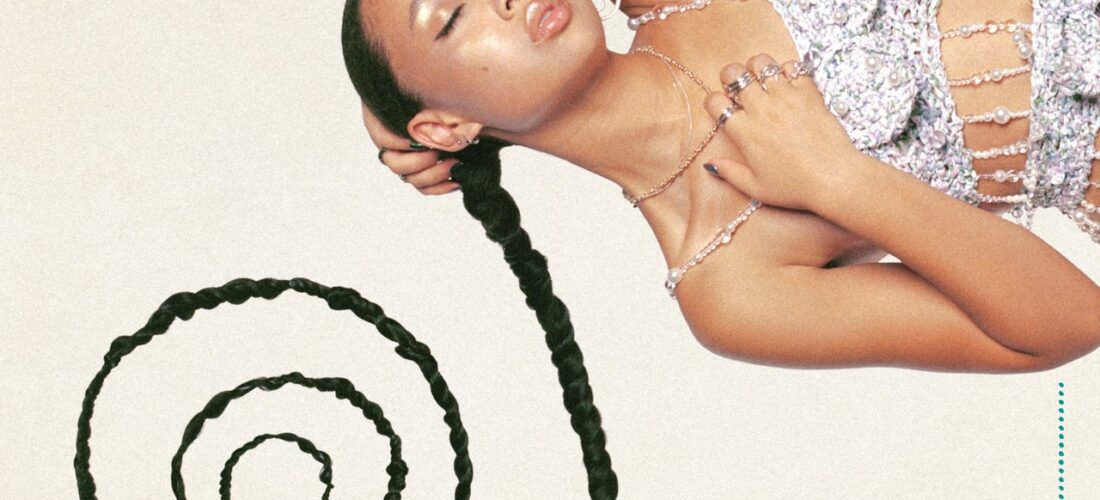On 11 May 2021, a minor pop schism occurred. It was the first Brit awards in the pandemic, delayed a few months from the ceremony’s usual February date. That night, two young stars who made their names in lockdown had massive debuts: Olivia Rodrigo’s first-ever live performance, of “drivers license,” and the British pop songwriter Griff’s second ever, of the very Gotye-like “Black Hole.” Backstage, that year’s Global Icon winner Taylor Swift held court in her dressing room, inviting the two self-proclaimed Swifties to share chips and take goofy selfies.
Not two months later, it emerged that Swift had been awarded 50% of the writing credit for Rodrigo’s song “deja vu,” which had a faintly similar bridge to her song “Cruel Summer,” leading to an obvious distancing between the two. Meanwhile Swift has continued to shout out Griff and invited her to support a recent Eras date in London, praising her from the stage as “so creative on every single level.” What’s curious about the continued support, given the apparent reason for the estrangement of Swift and Rodrigo, is how profoundly indebted Griff’s debut album, Vertigo, is to Swift’s sound.
This year’s The Tortured Poets Department watered down the boom and sheen of Swift’s 2014 album 1989, which is further diluted by the eminently tasteful pop songs of Vertigo. The racing pulses never risk causing alarm. The bubbling synths would barely disturb the surface of any pond. The martial drums are more ceremonial than primed for battle. There’s a cavernous, momentous glow to the production that reminds me of how the 1989 portion of the Eras tour echoes around the stadium every night. The quieter songs, like “Into the Walls” and “Everlasting,” immediately evoke the tenderly plucked strings and twig-snap beats of Folklore and Evermore.
Obviously none of that suggests that Griff should be held liable for taking inspiration from a formative songwriting hero (she’s said her earliest musical memory is getting an iPod loaded with Fearless and playing it on repeat) or that creativity should be litigated that way. It’s just one aspect of how oddly derivative this long-gestating debut is. Tilt it this way and you hear the formal liturgies of London Grammar (soppy ballad “Astronaut,” piano courtesy of Chris Martin); that and the long tail of the excitement over 2010s Scandi pop that never really anointed any proper pop stars (the desperate, cathartic splash of the appealing “Miss Me Too” has Robyn in its DNA). Here’s a little MUNA (the gently punchy and ecstatic “Anything”); here’s quite a lot of the 1975 (the snapping “Hiding Alone,” the surprisingly loose dance breaks of “Cycles”).
